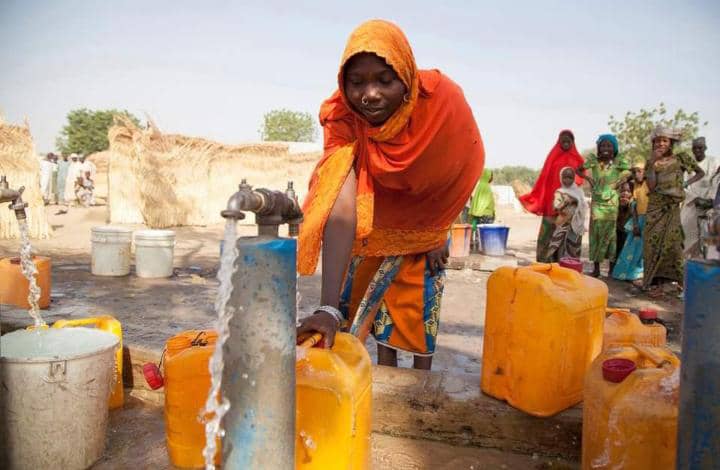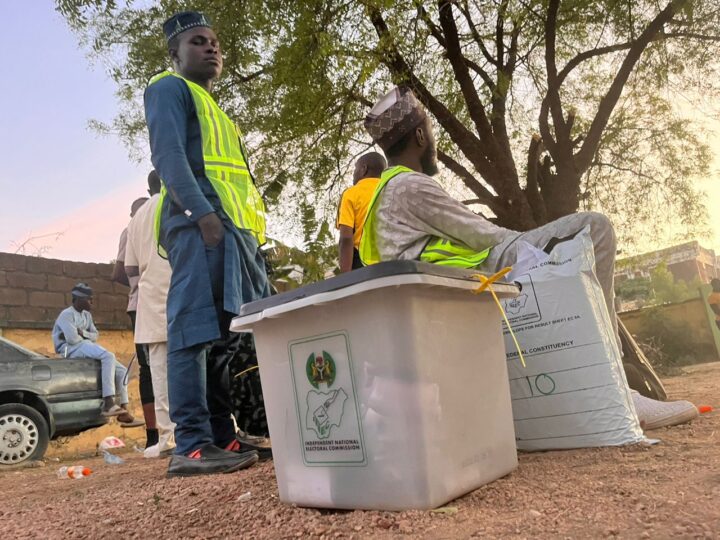In every profession, journalism not exempted, new genres keep surfacing with new demands for change and adaptability by media practitioners. A recent addition to the family is sustainable journalism. Is there a need for this kind of journalism and can our world become better as a result of this type of journalism? A cursory excursion into the nucleus of sustainable journalism will help.
Sustainable journalism is an aspect of journalism which responds to sustainability challenges; these challenges are not just about social sustainability but that of the media profession sustainability in itself.
At its best, sustainable journalism attempts to address the observable risk in how to maintain economic sustainability of the journalistic business model or enterprise. But in ensuring economic sustainability, journalism must not forget or by any way allows its social/democratic values to suffer.
In other words, the moment the social or democratic value of journalism becomes second place, there will be problems. Bridging the fine line, a responsibility is placed on sustainable journalism to hold power accountable, inform citizens, and to continually raise public conversation around current and future economic, social and environmental challenges.
Advertisement
When excellently executed, sustainable journalism is all about the fine blend of people, planet and profit with these occupying a second place. This requires a fine art of mastery. Sustainable journalism is a failure if each person, planet or profit does not gain the same and right priority in the course of sustainable journalism pursuit or execution.
Sustainable journalism does not show its uniqueness until its work can connect critical developmental issues to the practice of journalism. This is especially so for sub-Saharan African Journalists where development is very slow.
A crucial thing we must look out for when sustainable journalism is presented on the table is the framework which addresses modern issues which knotted sustainable development to its story development. If this is missing, then it is not sustainable journalism.
Advertisement
In addition, another visible mark is that there must be clear evidence of interdependence of the three dimensions of sustainability already identified above plus a blend of local content that is aimed at winning engagement at the local level. The real import of the last sentence has been tagged by some experts as a need for ‘decolonisation of content’ with evidence of specificity.
Another crucial way of viewing sustainable journalism uniqueness is in its ability not just to meet the demands of the present challenges of the present generation but intentional preparation and empowerment of future and next generation to meet their own challenges. In other words, there is no one-sided approach without a major support for the other.
We also know those who practice sustainable journalism by the question they ask before concluding their work/story. A major question in the hearts of sustainable journalism practitioners is: “Is sustainability affected by this or not?”
The practice of sustainable journalism departs from traditional journalism which only serves as driver of sustainable democracy and dive into how it can also be a driver of sustainability, not just of the present but of the future.
Advertisement
The fundamentals
The foundation or pillar of a skyscraper is paramount. For sustainable journalism, I think these five are essentials. In terms of media content, there must be clear evidence of contents which prioritise production and publication of contents that propel sustainable societies and generate revenues for the media and clear process of media business sustainability.
The above must also be environmentally sustainable in production and distribution.
Sustainable journalism foundation must also consider adequate representation of voices (gender-based and inclusive newsroom and organization plus a depth of innovative research which allows intersection of journalism and sustainability.
Lastly I think at the educational level, a need to capture what sustainable journalism is may serve everyone better. We really do not have to agree on all though.
Advertisement
Are there challenges?
Yes! Sustainable journalism will demand a shift from reporting about now only. What does this mean? It calls for a redefinition of what we always view as traditional logic. Going beyond traditional logic in media demands we go beyond reporting what is just is. Efforts must be made to demand journalism shifts attention from complete focus on what is immediate: within our geography only as well as obsession with just the unexpected, undesirable and the dramatic.
Advertisement
As already stated, sustainable journalism will require seeing a bigger and expanded picture of journalism to the society as a driver of sustainability and just democracy only. The task around this is huge.
To also do this, media houses must think beyond profit and run with a bigger picture of creating visibility. This embraces quality journalism and profitability.
Advertisement
Sustainable journalism will also demand going beyond holding authority accountable but move ahead to be part of creating an enabling environment where knowledgeable and sustainable decisions can be made.
Sustainable journalism will place a challenge on journalists to understand as individual they are not free of biases and they must constantly grow in their own capacity to test the veracity of the perspective they hold so as to avoid injection of personal biases and stereotypes in their content,
Advertisement
As a global sustainable journalism conference is held in Kenya this week, experts of the new found genre must be able to help our world get a good grasp of the sustainable journalism essentials and challenges so our world can become a better place to live.
Views expressed by contributors are strictly personal and not of TheCable.







